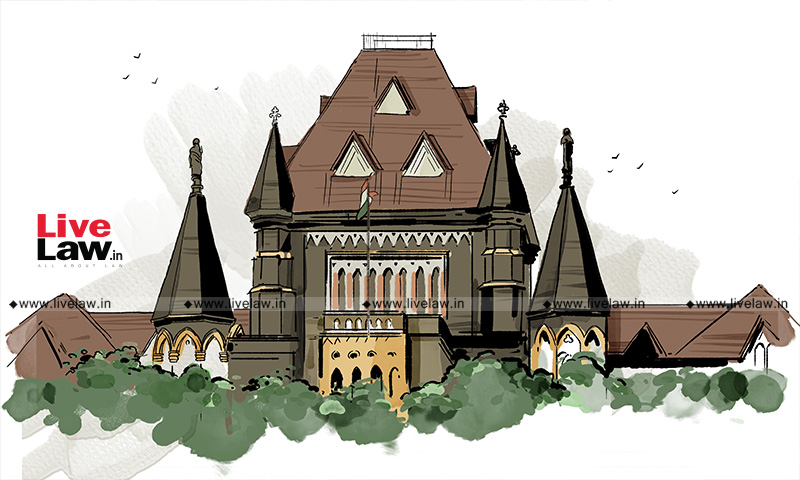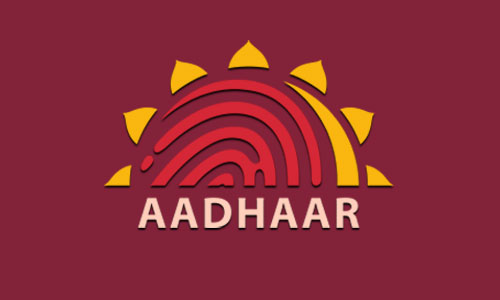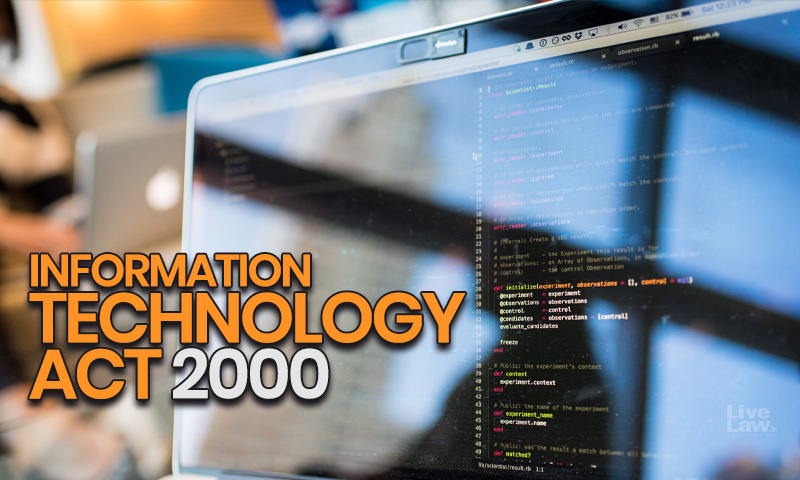Articles for Puttaswamy, search results for ks

1 month, 3 weeks ago

1 year, 8 months ago

2 years, 8 months ago

2 years, 8 months ago
